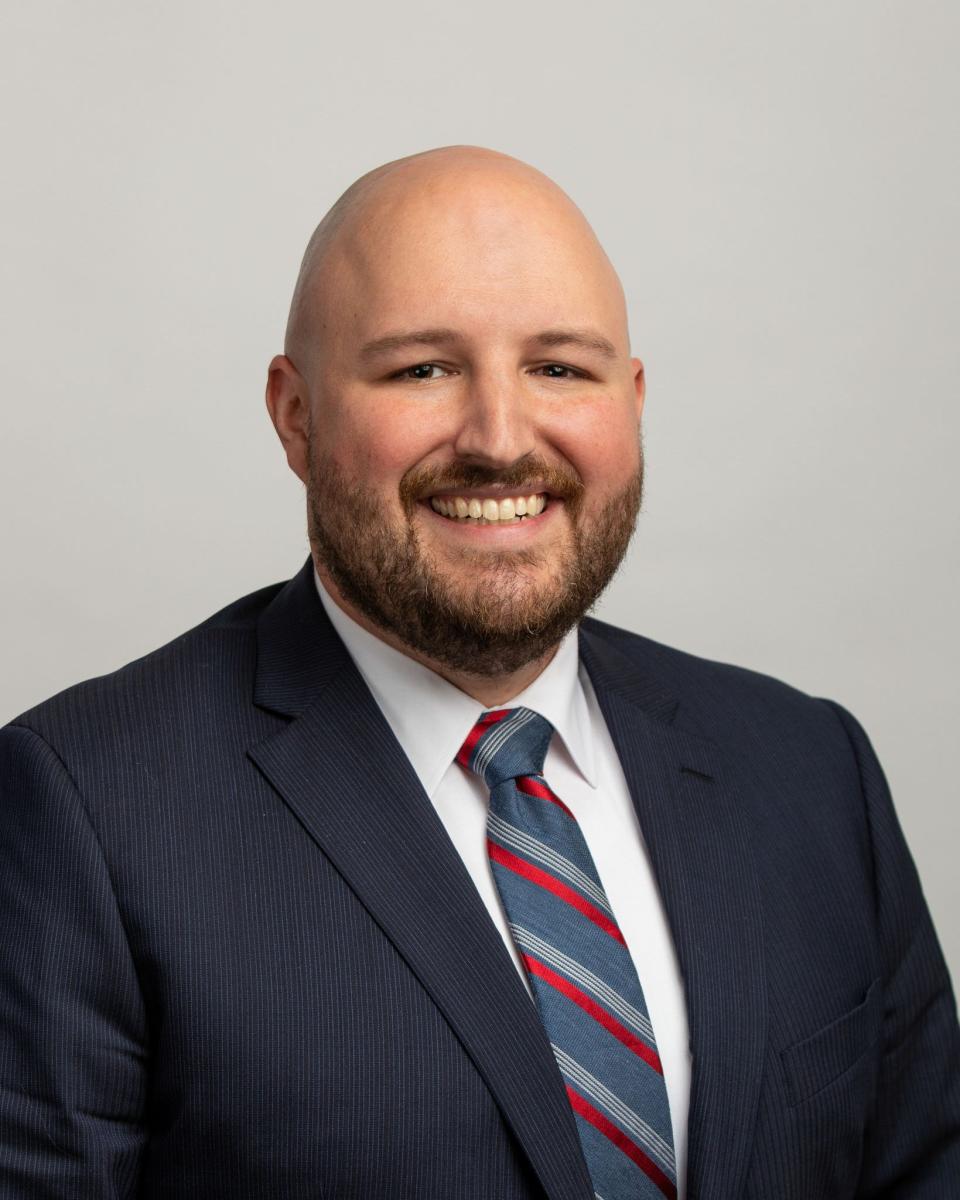An engineer pretended to be a cop and detained 2 drivers. A court let him get away with it.
Defenders of qualified immunity often use on-duty police officers as the doctrine’s raison d'être. As the Supreme Court itself admitted when it created the doctrine, qualified immunity was intended to give police officers elbow room to make on-the-spot decisions, even at the expense of denying a remedy for constitutional abuses.
But what happens when a cop wannabe violates someone’s rights to settle a personal grudge and wastes police time in the process? Should he also be entitled to the elbow room?
According to a federal circuit court in Minnesota, the answer is yes. Just last year, in the case of Central Specialties Inc. v. Large, the court granted immunity to a county engineer who used his government vehicle to stop two trucks belonging to a company he disliked.
He then made them wait for three hours until one of the three law-enforcement agencies he called finally came and cited one of the vehicles for violating a last-minute weight change the engineer himself imposed.
The citation was dismissed the following day. But when the company sued, their case against the engineer was quickly dismissed because of qualified immunity.
Opinions in your inbox: Get exclusive access to our columnists and the best of our columns every day
An engineer acting like a police officer
The U.S. Court of Appeals for the 8th Circuit's grant of qualified immunity to someone who acted well beyond his job description made the doctrine into a mockery of itself. That’s because for qualified immunity to be denied, there must be an earlier case involving similar facts in which a court already “clearly established” that the behavior in question is unconstitutional.
Theoretically, that provides a future official with “fair warning” to not engage in this behavior – the proverbial elbow room.
But if the “clearly established” approach is applied to officials like the county engineer performing a traffic stop, it means that government officials acting outside of their job duties are far more likely to receive immunity than officials doing their jobs.
Policing the USA: Ending qualified immunity won't ruin cops' finances. It will better protect the public.
This case is the perfect example: There are of course plenty of cases “clearly establishing” that police officers can’t detain people for no good reason on the side of the road. Traffic stops are police business. Police make lots of stops. There are a lot of cases outlining what is and is not permitted by police during those stops. If a person sues a police officer for an unconstitutional stop, chances are he can find a case that will say something on the subject.

The same cannot be said of county engineers. Not surprisingly – given it is outside of a county engineer’s job description to perform traffic stops – there are no cases addressing what engineers can and can’t do during them.
As a result, if qualified immunity is applied to officials acting outside the scope of their authority, they receive greater protections for their actions. An engineer acting like a police officer enjoys far broader immunity than a police officer doing his job.
Protects government officials 'with near-absolute immunity'
That’s not what the Supreme Court intended when it created qualified immunity. But this is now the law in the 13 states of the 8th and 10th Circuits.
In the case of the engineer, the 8th Circuit granted immunity because there is “no case that comes close” to showing that county engineers cannot prevent trucks from traveling on a highway.
Qualified immunity thwarts constitutional rights: The Onion makes a serious point. Police violated Ohio man's rights for mocking them.
As the dissenting judge described it, the decision effectively cloaked misbehaving government officials “with near-absolute immunity,” because “there are no existing cases circumscribing or defining the scope of this newly discovered, unwritten law enforcement authority” by officials not in law enforcement.
Opinion alerts: Get columns from your favorite columnists + expert analysis on top issues, delivered straight to your device through the USA TODAY app. Don't have the app? Download it for free from your app store.
When the Supreme Court created qualified immunity, it made a bet that our society was willing to deny someone’s constitutional rights in exchange for police exercising their duties without the fear of being second-guessed. But if a rightful day in court is denied to protect a police wannabe, who has neither the authority to perform a traffic stop nor the responsibility that comes with it, we are paying a price without a benefit. We are giving our rights away for nothing.
On Friday, the Supreme Court will have an opportunity to review the 8th Circuit’s case and decide whether that’s a fair deal.


Anya Bidwell and Patrick Jaicomo are attorneys with the Institute for Justice, which represents Central Specialties Inc. before the Supreme Court.
This is part of a series by USA TODAY Opinion about police accountability and building safer communities. The project began in 2021 by examining qualified immunity and continues in 2022 by examining various ways to improve law enforcement. The project is made possible in part by a grant from Stand Together, which does not provide editorial input.
More about qualified immunity:
The Onion makes a serious point. Police violated Ohio man's rights for mocking them.
Did a Border Patrol agent rough you up? The Supreme Court fails to see how judges can help.
We transformed police accountability in New York City. State leaders should follow suit.
You can read diverse opinions from our Board of Contributors and other writers on the Opinion front page, on Twitter @usatodayopinion and in our daily Opinion newsletter. To respond to a column, submit a comment to letters@usatoday.com.
This article originally appeared on USA TODAY: Supreme Court, qualified immunity shouldn't protect police wannabes

